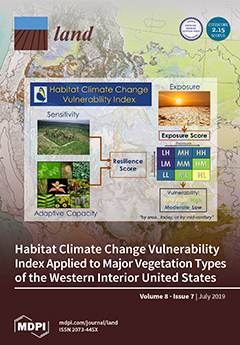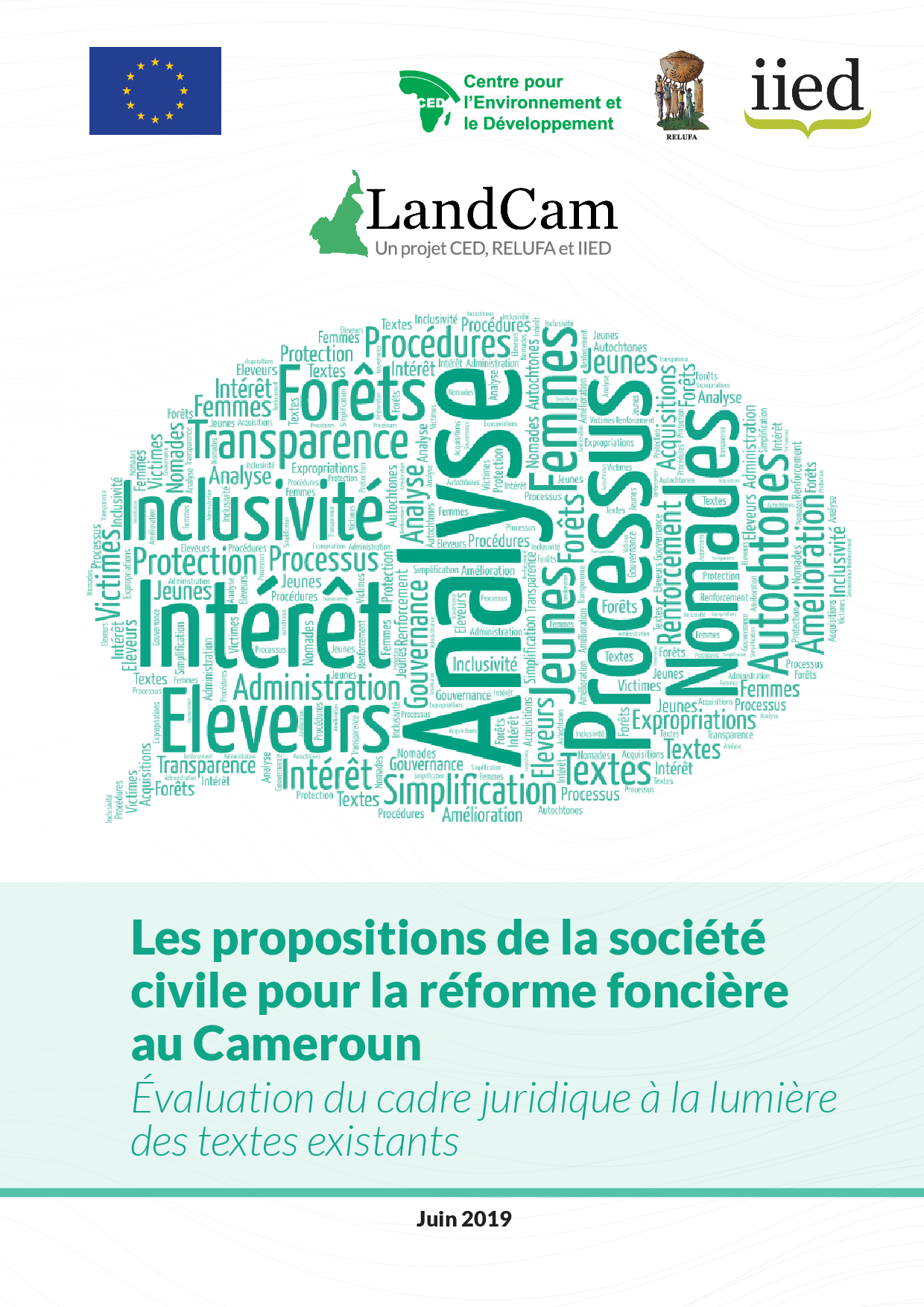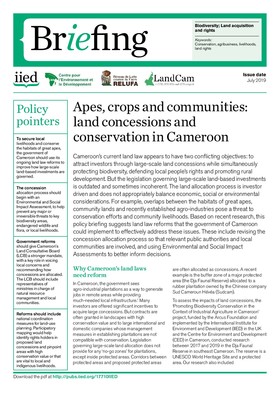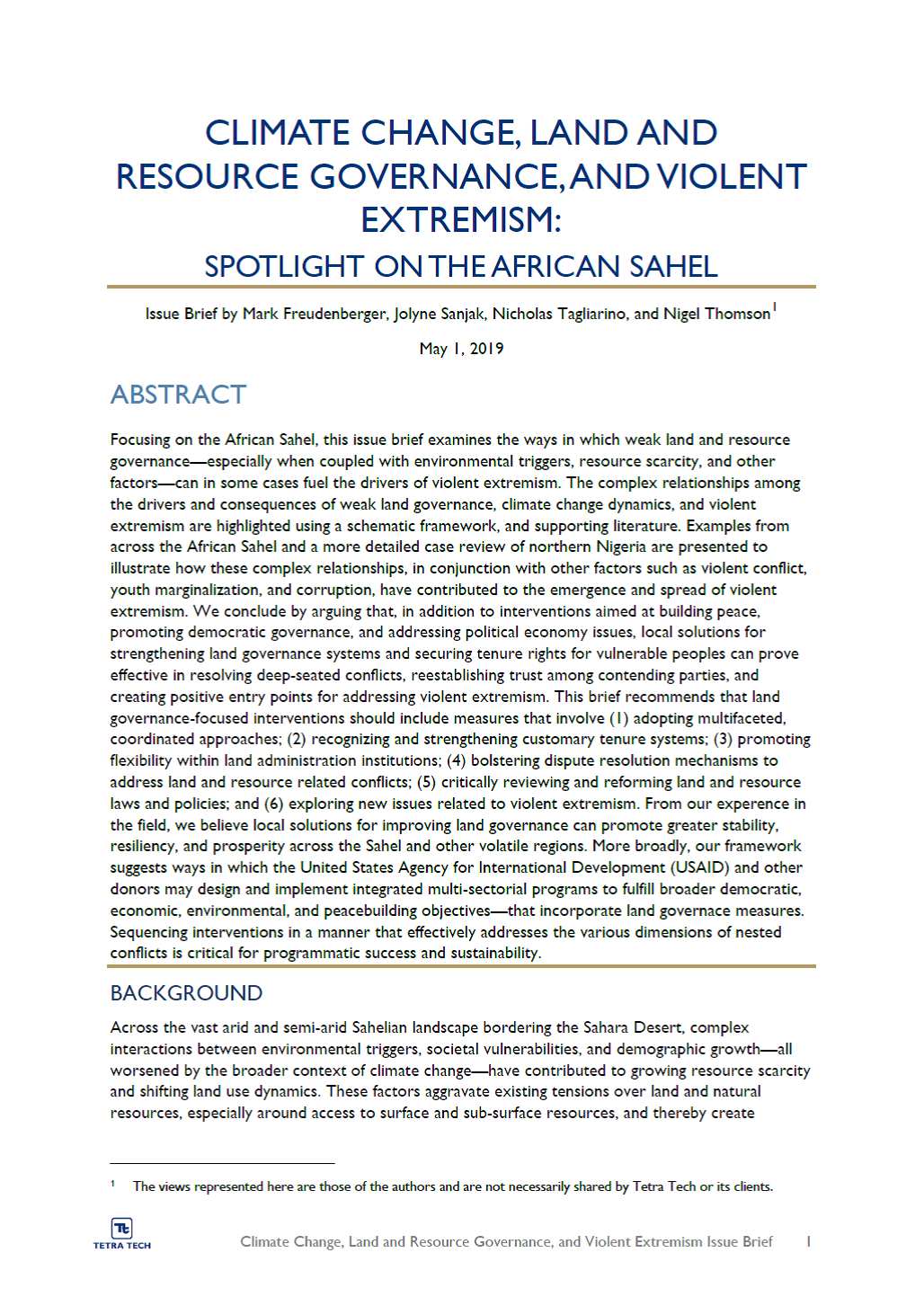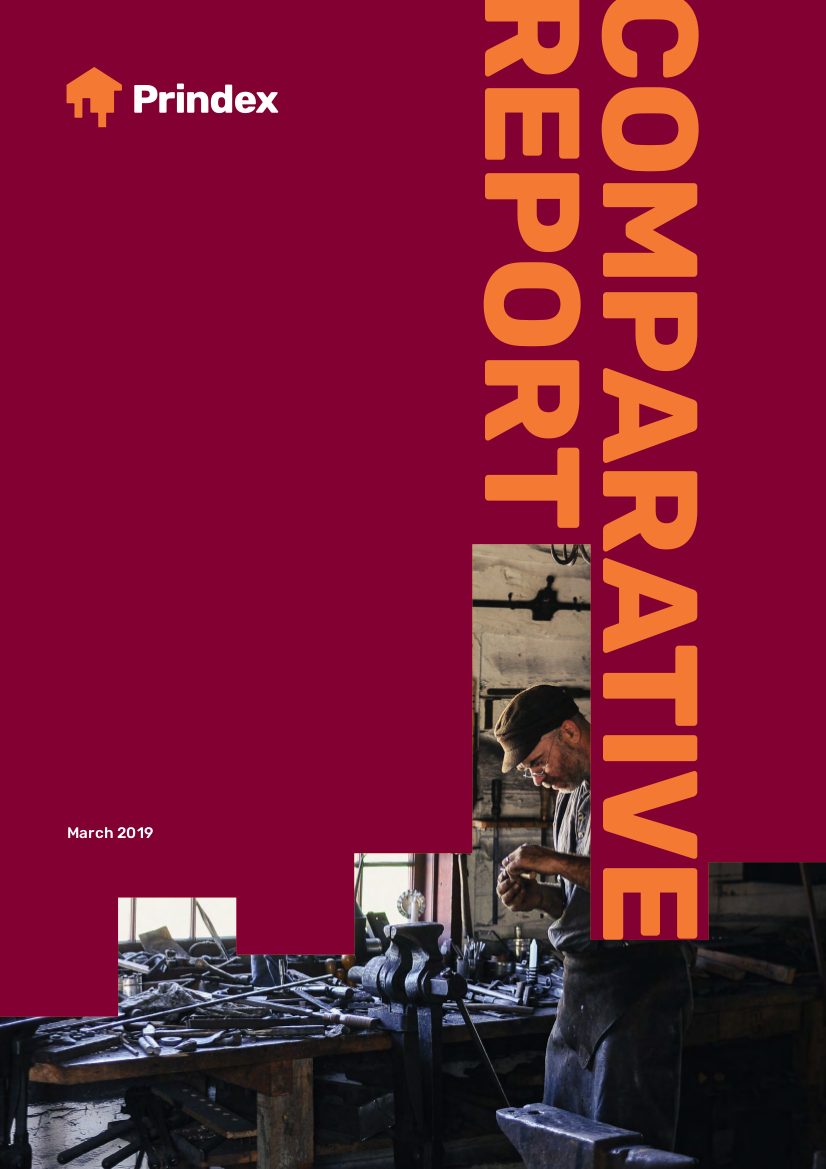The Different Meanings of Land in the Age of Neoliberalism: Theoretical Reflections on Commons and Resilience Grabbing from a Social Anthropological Perspective
Recent debates in social anthropology on land acquisitions highlight the need to go further back in history in order to analyse their impacts on local livelihoods.

